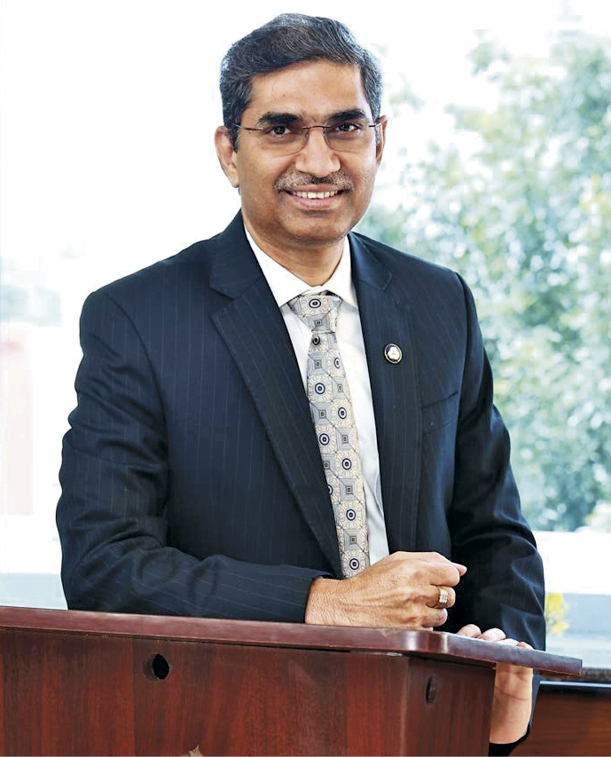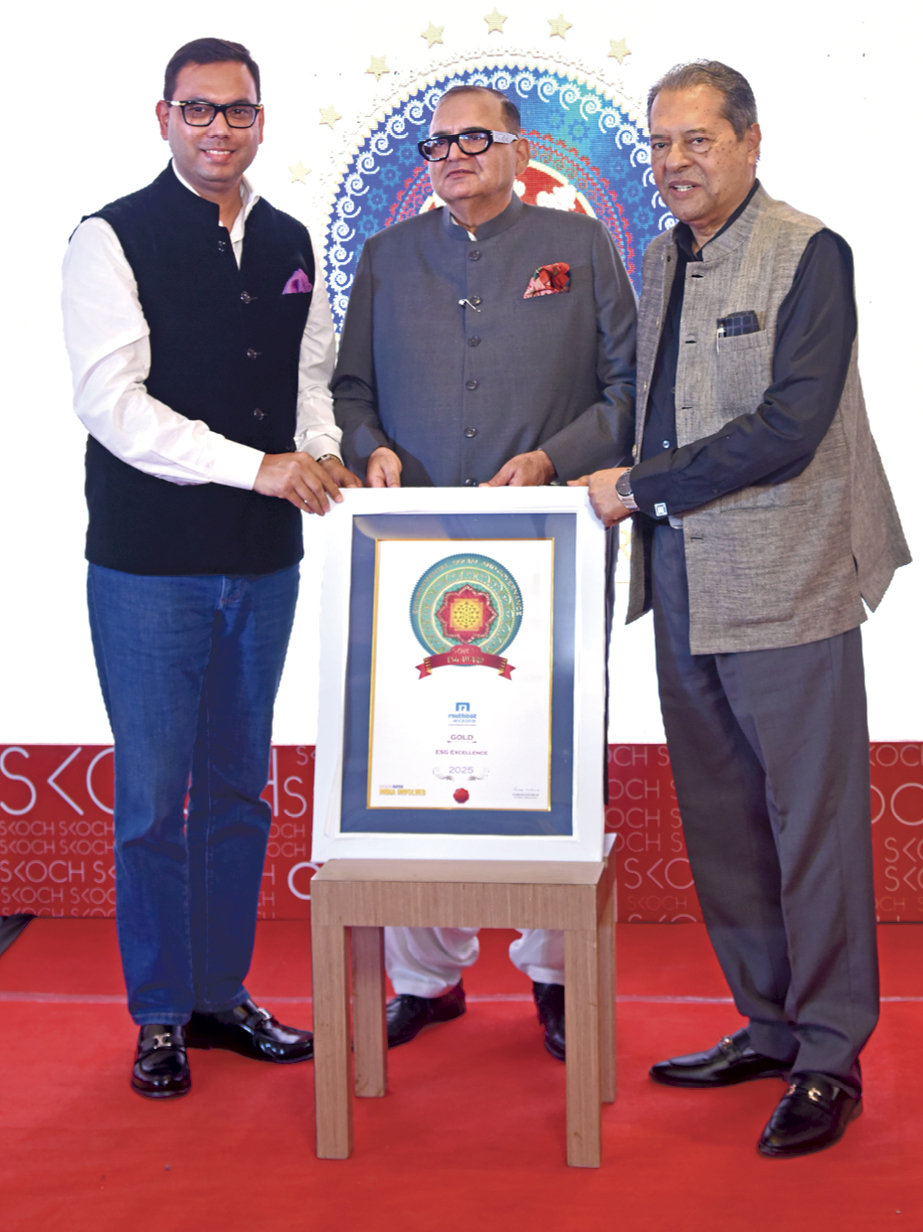
Building on the commissioning of over 2,014 MW under MSKVY-1.0, the state introduced MSKVY-2.0 on 8 May 2023 under the...
Commissioned on 30 April 2024, the project has an annual generation potential of 58.1 million units with a capacity utilisation...
Solid waste management was among the most pressing issues. Years of unsegregated garbage posed health and environmental risks.
“India’s growth constraint is increasingly a savings and efficiency problem, not a reform deficit,” said Sameer Kochhar, Chairman, SKOCH Group....

The SKOCH State of Governance Report is a highly anticipated and widely discussed publication that assesses the state of governance across India. Its distinctive focus on primary data and grassroots-level interventions sets it apart from other reports.
The state of Maharashtra is taking lead in governance and public policy initiatives. Attesting that is the top position Maharashtra secured in the SKOCH State of Governance Report 2024 with its comeback in comparison from previous year rankings
The state has consistently demonstrated excellence in governance which is indicative in the successes it has achieved, securing the second position nationally in overall governance along with topping the Health and Police & Safety categories
Andhra Pradesh is among those states, which have carved a space for itself. By focusing on technology-based solutions and improving citizen services, the state is setting examples for others to follow. This year, the state has showcased its work across healthcare, security services, Ease-of-Doing business and sustainable agriculture
The state has demonstrated a significant Governance resurgence, enhancing its governance focus across multiple sectors. State's significant allocation of resources has reinforced its commitment to sectoral expansion and governance efficiency
West Bengal has reestablished itself as one of the top-performing states, advancing through targeted sectoral improvements and strategic policy interventions that reflect its commitment to reform-oriented governance
India’s Lonely Young Women and the Search for Intimacy and Independence.
Hydrogen has enthralled generations of people, along with visionary minds like Jules Verne. Energy security is as important as national security and food security.
The growth of the digital economy in areas such as finance, education, health and many other sectors has sparked concerns about how these new-age economies will be regulated and governed.
The Indian economy has come a long way since the 1991 economic reforms, it has been the fastest-growing major economy in the world for a large part of the previous decade.
The post covid world exists in a different geopolitical context and the ongoing Ukraine crisis has further altered the strategic equilibrium of the global order. India is situated uniquely in the middle of all these developments and the challenges it faces are also unique.
The question which arises then is how games of skill can be distinguished from gambling? What are the parameters which constitute a game of skill?
Financial literacy is suffering today from the dogma that it is to be imparted only not-for-profit interest or by media. The reality is that the money is being wasted on English business TV channels preaching to the already financially literate. Advertising is disguised as financial literacy right under the regulatory nose. Let us not forget,...

The Affordable Housing project emerged as a path-breaking response to Uttarakhand’s acute land scarcity and the growing demand for homes...

The revamping of the ICAAP framework and the launch of a Risk Appetite Dashboard further strengthen this structure. These tools...

That capital flows into SHG-led Enterprises & Urban Job Creation, where 31,637 new livelihood units take shape, 9,183 members gain...

When Muthoot Microfin began its journey as an NBFC-MFI in 2015, the goal was simple yet bold: bring credit to...
The Prime Minister’s vision of India becoming a $5 trillion economy by 2024 has inspired every citizen to contribute to this worthy cause. In his words, “If every one of the 130 crore Indians takes one step forward, the country too will go that many steps ahead”.
India is supposed to become a developed economy by 2047 with a GDP size of $30 Tn. While there is largely a consensus on the feasibility of this, it is the quality of growth that is under intense discussion. We believe that India requires a spatially dispersed, job generative , equitable and sustainable growth. There...
It is felt that the IBC or the Insolvency Bankruptcy Code has been a game-changer in economic legislation. Five years into its introduction, the IBC is a well-oiled apparatus, with a thriving ecosystem comprising about 3500 Insolvency Professionals, three Insolvency Professional Agencies, about 80 Insolvency Professional Entities, one Information Utility, 16 Registered Valuer Organisations, more...
The debate about Energy and Arbitration in India has been about the shortage of coal and the disputes between energy companies and some state Governments. The disputes arising out of energy law contracts are in stark contrast to the regular contractual disputes.
The discourse around cryptocurrency, particularly in India has been clouded by heavy advertising and promises of getting rich quickly. However, there is a need to center this discussion by highlighting some of the fundamental issues associated with cryptocurrency that have been on the minds of policymakers and civil society for a long time.
The threats emanating from climate change are impacting the world on an unprecedented scale. Erratic weather patterns, Rise in pollution levels and increasing sea levels are only some of the major challenges that climate change has presented in front of us.